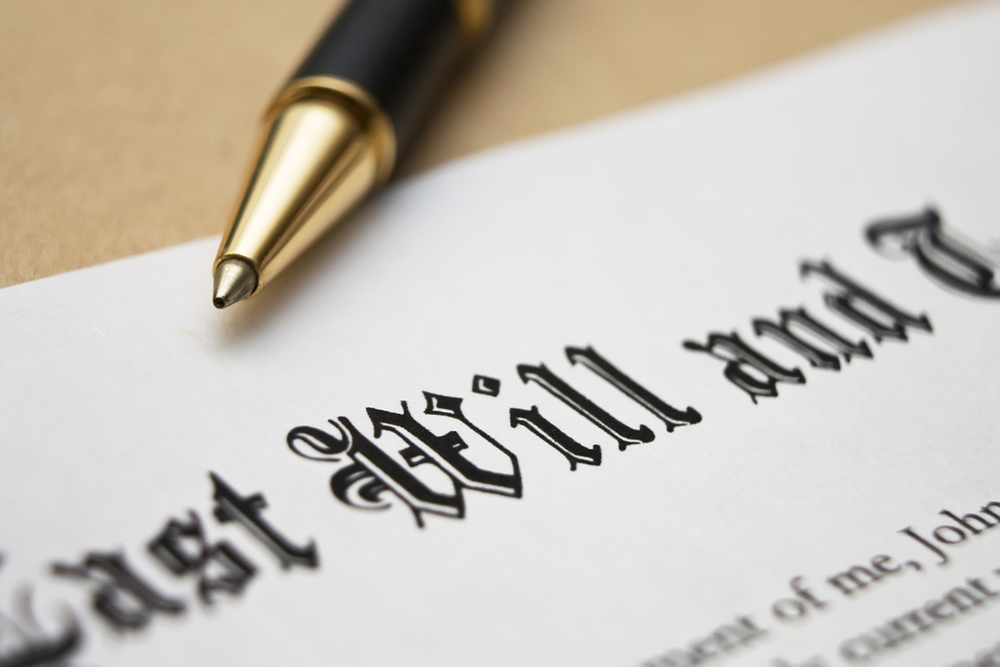4 Extremely Important Things to Consider When Writing Your Will
Putting together a will is no easy feat, especially if you don’t have any prior experience with the legal system. Creating a will helps prepare the loved ones in your life for what will happen when you pass on by designating who will receive certain possessions, money, or other items in your estate. It is crucial that you review your will thoroughly and create it with care to ensure that your wishes are respected and that everything is taken care of properly. Here are some of the things you should be sure to consider when creating a will.
1. What are my current assets?
Before deciding who will receive your assets in a will, you will need to determine what those assets actually are. Take a complete inventory of what you own, including your property, you investments and savings, your vehicles, and any other expensive items you may own. You will also need to take into account that you cannot include joint assets in the will. Those things will automatically pass on to the other person listed in the will.
2. Do I have a lawyer and/or financial planner I can consult with?
Although technology may enable you to create your own will nowadays, that doesn’t mean you should use it that way. If you don’t have help when creating your will, there’s a good chance that you won’t address all of the necessary complications that come with transferring your financial assets to your loved ones. If you already have a lawyer who knows you, work with them to create your will. Otherwise, look for a lawyer who has extensive experience working with wills. If you are leaving your financial assets to someone who doesn’t have experience with money management, or if you don’t have money management experience yourself and aren’t sure what to do with your investments, it may be helpful to consult with a financial planner as well.
3. Will my children have a guardian I trust?
One of the things you absolutely must specify in your will if you have young children is who will be their guardian. This could be anyone – living family member, trusted friend, etc., but you should specify who it is, especially if you are a single parent. Otherwise, your child may end up under the care of a government agency. You also may need to designate a trustee for the funds that you are transferring to your child. This person should be different than their new legal guardian, and they should also have experience with managing money and/or investments.
4. Who should be my will executor?
You’ll need someone to manage the enactment of your will in the event of your passing – your executor. Consider who in your life would be able to perform the stressful duties of this position adequately. Although you may trust your spouse and children the most for this type of job, they often aren’t the best choice, as they will likely be grieving heavily during this time. Whoever you choose will have a variety of responsibilities. In addition to divvying up your assets, they will also be in charge of ensuring that your pets are taken care of, that your home is maintained adequately, and even what happens with things like your Facebook profile. They will need to be someone with a level head who can get all of your affairs in order.
Writing a will is a complex process, and it is definitely not one to be taken lightly. Be sure to really think through the consequences of all scenarios when creating this document until you feel satisfied with it.




